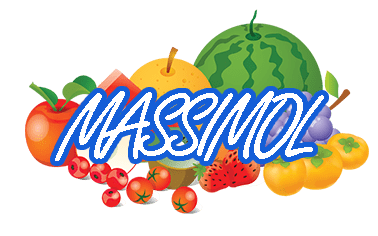Well… we probably have a better general understanding of science now than at any other point in human history. Schools teach evolution an vaccination and people are catching up.
The average person better understands science now than they did 50 years ago- 100 years ago- 1000 years ago and so forth.
For Christ’s sake the Catholic Church has even come out and said pro science things in the past couple decades and my kid has access to educational shows and books about dinosaurs, astronomy, and ecology even science itself on his junior tablet.
Ignorance of science has always existed, it’s just more noticeable now because more people can condemn it.
Two major things happened. A Republican and a Democrat, so no finger pointing.
1 President Reagan removed the Fairness Doctrine in 1987
2 President Clinton signed the 1996 Telecommunications Act.
In a nutshell, Reagan made it so you don’t have to report on all news, just what you wanted. Clinton made it so groups could buy media empires and push their views. Add in the internet giving crazy people an audience with no regulation and we have the soup of today.
News is no longer the single truth for the society so we seek out what we what to hear and follow it.
I think bad media reporting is responsible to some extent.
So, let’s say, scientists do a study that finds that eating bacon gives you an increased risk of getting bowel cancer. The study will say that frequent consumption of bacon raises the risk from 2% for the 60-85 year old population to 5%.
However, the media will not report that. The media will report EATING BACON INCREASES RISK OF BOWEL CANCER. The finer details of this will only be at the end of the article. This is because they want to sell newspapers or get clicks, and alarmist headlines are a way to achieve that.
Then, two months later, a different group of scientists release a study. They say that bacon is unlikely to be a factor on its own and that other lifestyle choices contribute and that restrained consumption of bacon is probably fine for most people.
The media will not report that. The media will report SCIENTISTS NOW SAY EATING BACON IS NOT CANCER RISK.’ The subtle details of this will only be at the end of the article.
Most people probably won’t bother to read the full article, and even if they did, being normal people with busy lives they probably won’t remember the specific details of the first article. They won’t remember that this was two distinct group of scientists. What they will go away with is the impression that scientists are frequently wrong, change their minds as often as the wind changes and that you can’t trust scientists.
When you add to the mix that newspapers will sometimes print what are effectively adverts disguised as articles for various ‘health professionals’ making claims that they have no authority to make. This muddies the waters and leads to distrust of scientists altogether.
Hard to say without an example, but I suspect we were never not in the age where people question “basic scientific facts.”
Today they’re more likely to get into visible public arguments and ridiculed, though, in my estimation. Larger population and vastly more connectivity between them.
Here’s what I think happened:
Science is a search for truth, not a body of knowledge. Scientists have always known that, but the general population has traditionally thought that “science” meant “the truth, according to scientists.” So scientists are very accustomed to new data replacing old data, and having better information than the data we had in the past. That’s part of the search for truth. But now, with the internet, the general population sees new data replace old data, and they perceive that as, “Jeez, Science was wrong, AGAIN.” And every time they see the scientific method gather better information, they don’t see it as science improving itself; they see it as science being incompetent and no knowing what it’s doing. So they feel like whatever data science has today, they shouldn’t trust it. And over time, they decide not to trust science as a whole.

